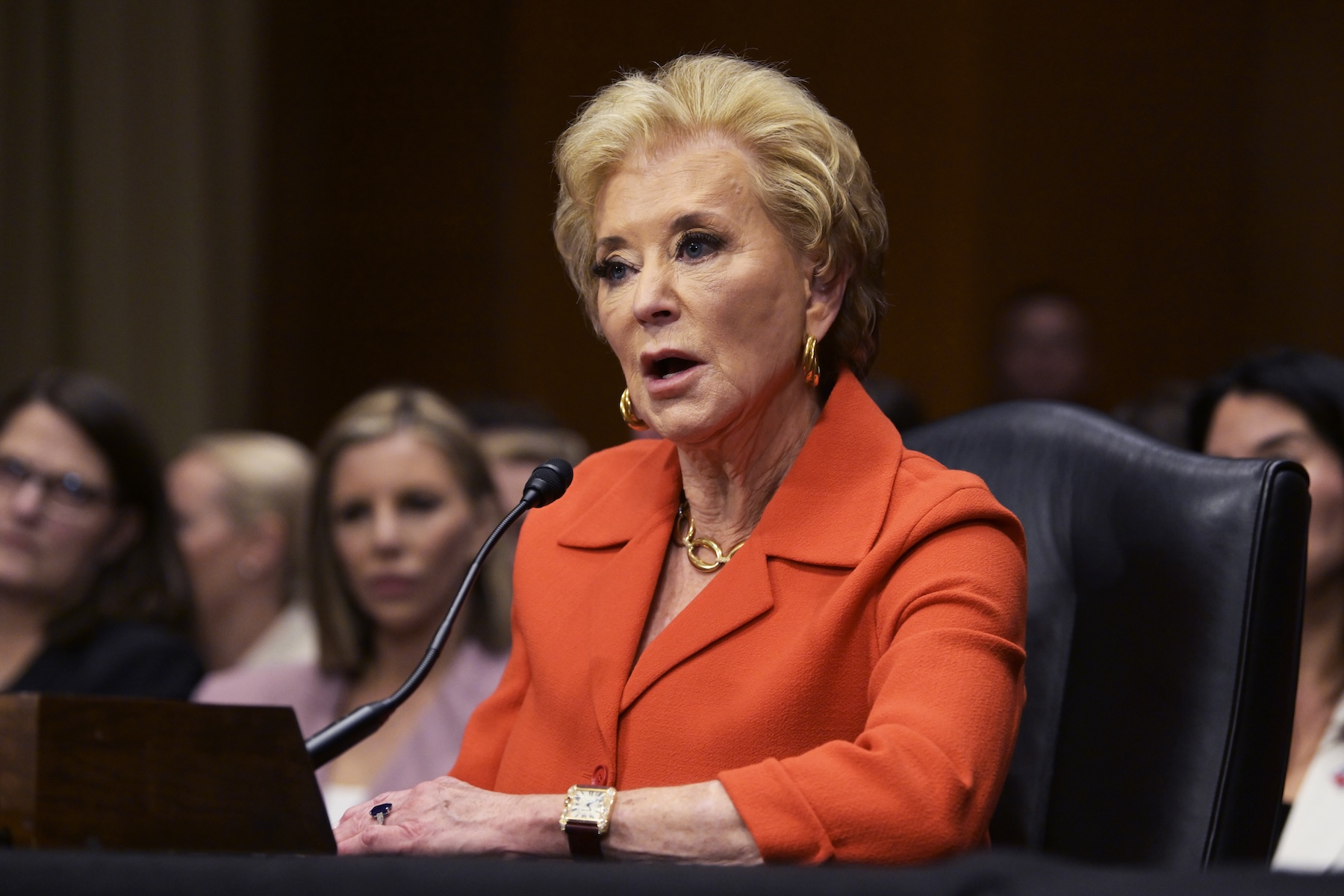Proposed PSLF Rules May Block Workers From Loan Forgiveness


The Trump administration is moving to reshape the Public Service Loan Forgiveness (PSLF) program by restricting which employers count as eligible.
Earlier this year, President Trump signed Executive Order 14235 titled “Restoring Public Service Loan Forgiveness,” directing the Department of Education to draft new rules aimed at excluding organizations with what the administration defines as a “substantial illegal purpose.”
This week, those proposed rules were released. They lay out the criteria that would allow the Department of Education to deny PSLF credit to borrowers working at organizations involved in a broad list of conduct, from violating immigration law to offering transgender medical care to minors.
You can read the full proposed rules here (PDF File). These rules are being proposed as part of the negotiated rule making process, so they are not official yet.
Under the proposed rules, a qualifying employer must not engage in any conduct deemed to have a “substantial illegal purpose.”
Definitions for that term span several controversial areas, but focus on organizations that may be involved in the following areas:
The rules grant the Secretary of Education wide authority to determine employer eligibility based on a “preponderance of the evidence.” That could include court rulings, settlements, or even administrative determinations without a formal trial. That basically gives the Secretary of Education broad discretion.
Borrowers would have no right to appeal if their employer is disqualified under these standards, and payments made after July 1, 2026, would no longer count toward PSLF if their employer is later deemed ineligible. However, employers would be given a noticed and offered an opportunity to respond, though the process is not outlined.
The Student Borrower Protection Center called the proposed rules “thinly-veiled fascism” in a statement this week.
“The law does not empower the Secretary of Education to opine on the supposed illegality of a public service employer’s mission,” said SBPC Executive Director Mike Pierce.
There is concern that the rules could apply retroactively to government entities and nonprofits based on policy disagreements, chilling participation in PSLF among teachers, social workers, and healthcare providers. Doctors in training are already under fire in a separate proposal, seeking to eliminate medical and dental residency from qualifying as a public service job for PSLF.
The definitions of “substantially illegal purpose” are also very broad. This worries many who may not even be aware of what other parts of an organization is doing. This is especially true in healthcare and government.
Imagine the Trump Administration taking issue with so-called sanctuary cities, claiming that they are aiding or abetting immigration law. Suddenly, all workers in a city or state government may be ineligible for PSLF.
For now, the proposed changes are not in effect. The Department of Education must complete the rulemaking process, which includes public hearings and revisions before a final rule can be adopted.
Importantly, the rules cannot be applied retroactively. Borrowers currently in PSLF will still receive credit for past payments, even if their employer is later deemed ineligible. However, future eligibility starting in 2026 could depend on whether the employer is flagged under the new standards.
Borrowers working for potentially affected employers may wish to:
The proposed changes come as PSLF has seen significant growth. As of late 2024, over a million borrowers have received forgiveness, including more than 700,000 through Biden-era reforms.
The proposed reforms undermine that progress and inject political criteria into what was intended as a student loan forgiveness program for public service.
Don’t Miss These Other Stories:

Student loans often follow borrowers for years, sometimes decades. Even people who fully understand how much they borrowed can feel...

It was a busy week for RIA aggregators. There were a few large moves, including $235 billion multi-family office Cresset...

Blog Posts Archives UnfavoriteFavorite February 27, 2026 Weave: The Social Fabric Project Subscribe to Weave’s Newsletter This story was originally...